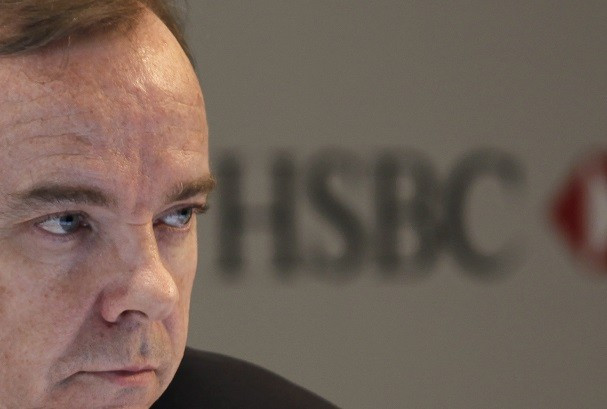HSBC Profits to Rise on Job Cuts, Lower Mis-Selling Payouts and Less Business Class Air Travel

HSBC is expected to report a major rise in profits after a raft of cost cutting measures boosted its balance sheet.
According to a range of analysts, HSBC will unveil a profit rise to $24bn (£14bn, €17.5bn), after chief executive Stuart Gulliver cracked down on the amount of business class air travel use staff were allowed to take, as well as 40,000 job cuts.
Other cost cutting measures range from more efficient document management to selling or closing off 60 businesses over the last year.
Operating costs are expected to fall to $37.9bn, from $42.9bn in 2012, due to these cost cutting measures as well as less money being paid out to settle a raft of mis-selling scandals and litigation charges related to other issues.
However, analysts say that the biggest challenge the bank faces is how it will increase revenue, as market participants forecast a slump for 2013.
Consensus revenue forecasts expect HSBC to report $68bn for 2013, which is $2bn down from 2012, following weakness from emerging market currencies.
HSBC is yet to address a Hong Kong-based research firm's report that it has overstated its assets by £50bn and will therefore need to inject £70bn worth of capital by 2020.
According to a report, entitled HSBC Holdings: End of the Charade, by Forensic Asia, two of its senior analysts Thomas Monaco and Andrew Haskins, had initially pegged HSBC has having between £38.7bn and £57bn of "questionable assets" on its balance sheet.
These range from loan loss reserves and accrued interest to deferred tax assets, defined benefit pension schemes, and opaque Level 3 assets.
However, after applying a "moderate stress test" to HSBC's subsidiaries' balance sheets, the analysts said that even at the lowest end of their estimates, the bank's UK subsidiary could be over-valued by £10bn, while its Hong Kong unit could be overstated by £9bn.
On top of the overstated assets, Monaco and Haskins say incoming Basel III capital rules, which mean banks will have to hold a certain amount of cash on their balance sheets to act as a bufferzone in the event of a financial crisis, will have a severe impact on HSBC.
HSBC has, so far, declined to comment on the report.
© Copyright IBTimes 2025. All rights reserved.






















